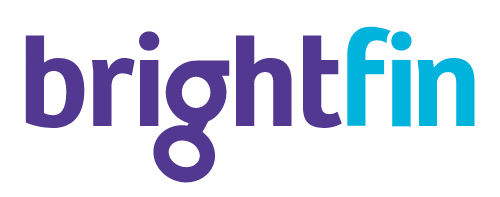Telecom and technology spending is only going in one direction – up! It now represents a significant percentage of a company’s budget, and it shows no signs of slowing down. Numbers vary, but analyst firm Deloitte estimates that companies spend at least 3.28% of their annual revenue on information technologies! Not only that, industry insiders estimate that roughly 15% of telecom invoices have errors. That’s why keeping a close eye on all the details surrounding telecom, data, and other technology expenses is so critical and challenging. It’s also why optimizing IT investments is a top priority for business leaders and their stakeholders. Luckily technology expense management services (TEM) can shine a bright light on technology spending and help organizations identify areas where overspending is possible. But, how do you know which TEM vendor is right for you? Who will deliver the most significant ROI? Who will be there to offer support long after the initial program launch and product installation? Let’s dive into critical questions to ask, so you’ll be in the know.
- How am I billed? – This is an essential consideration for companies of all sizes but enormous organizations. Why? Several technology expense management consultants charge per line item. Consider your technology framework, which consists of a dozen MPLS connections for various office locations. These MPLS services represent multiple line items in your invoice, which are charged at a flat monthly rate of $50, for example. But it doesn’t stop there – that same MPLS system includes several different elements, such as a router, switches, ports, etc. Suddenly that flat rate of $50 per MPLS connection has ballooned to include the additional components needed to make the MPLS system work. So, especially for organizations with hundreds of network and telecoms components, each with different line items, these costs can have a considerable impact on your TEM bill.
- What do I get besides a TEM inventory? Usually, a TEM services provider starts with a technology audit to take a full inventory of your expenses. This includes understanding your environment, including applications, software, devices, licenses, and all telecom systems components. Having this list plus a clear understanding of vendors, internal operations, and contracts should be the starting point of any successful TEM program, not the final step. The most critical part of any TEM audit is to use inventory information collected to identify areas to cut costs and maximize ROI. Make sure a TEM solution and partner have the ability to drive your telecom optimization program to achieve the most value possible.
- Do you have analytics tools to view and report on expenses? Once the TEM solution compiles a complete inventory of telecom expenses, analytics and reporting functionality give greater insight into spending. Analytics capabilities should have the ability to combine data from voice, mobile spending, and UCaaS expenses. Connecting the dots from other internal ERP data sources will give your team needed visibility into overall technology costs. Tools that can combine multiple data sources can provide team leaders full visibility and the ability to drill down into specific telecom, cloud, and data expenses to understand better and prioritize current spending and plans for future technology investments.
Your bottom line
Today, technology connects nearly every business function, and it has the potential to impact earnings, growth, and company performance, to help companies build a competitive advantage. The right TEM solution and partner can help your business make smart investments to control telecom spending today and ensure you have a plan to get the most out of your assets over time. Do you have additional suggestions about what to ask TEM vendors? Or do you have questions about IT asset management best practices, telecom spending, and mobile device management? Get in touch!




